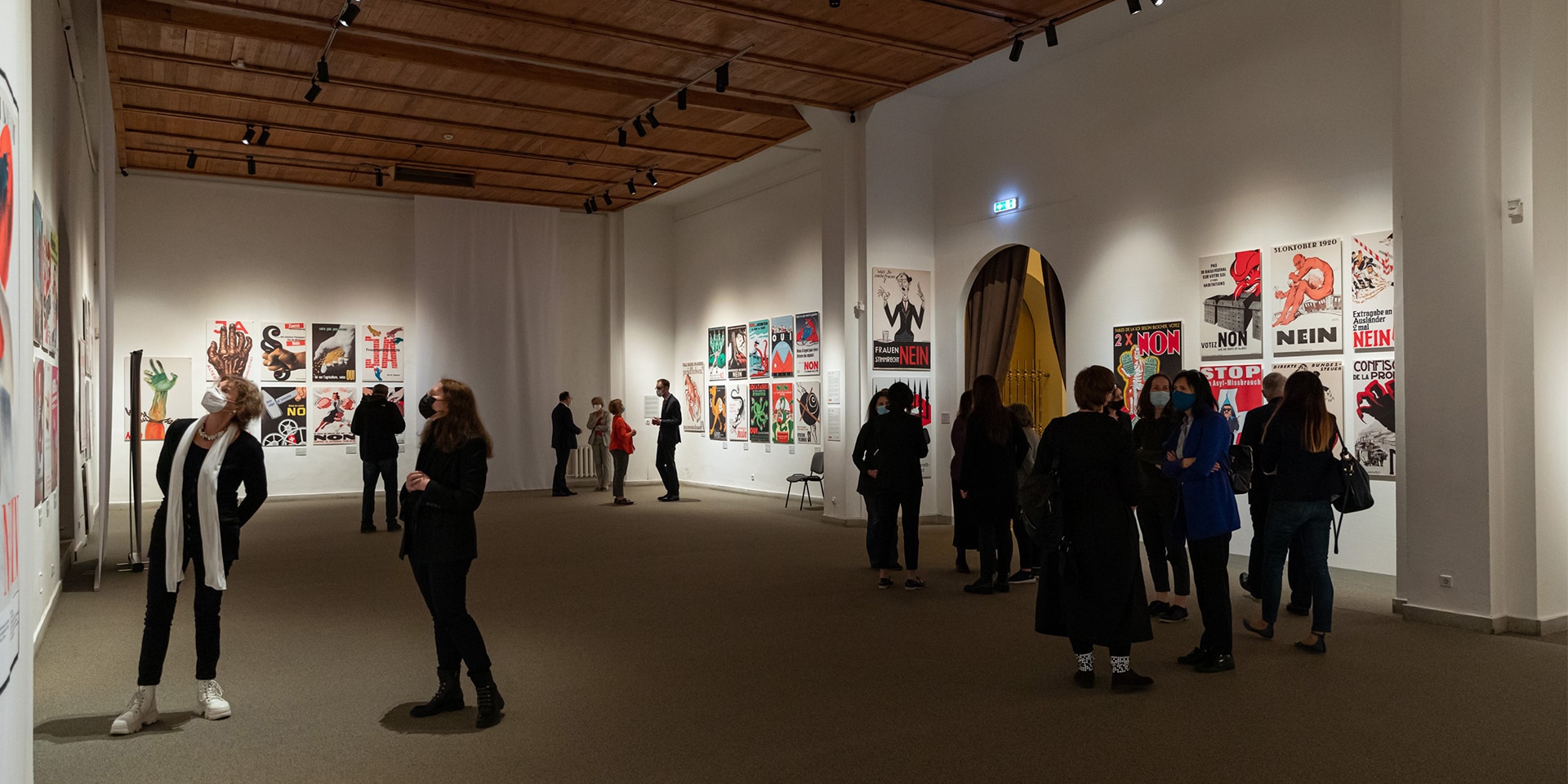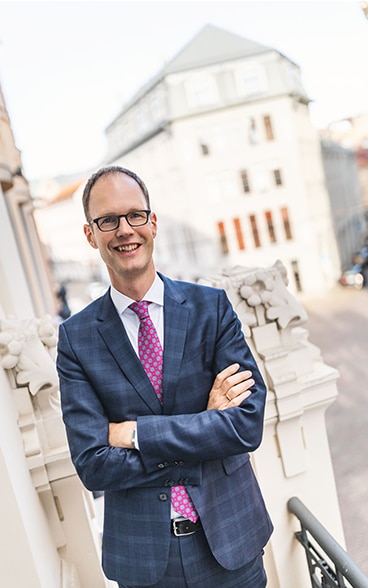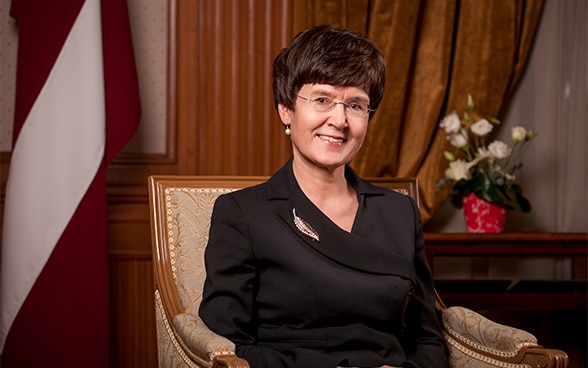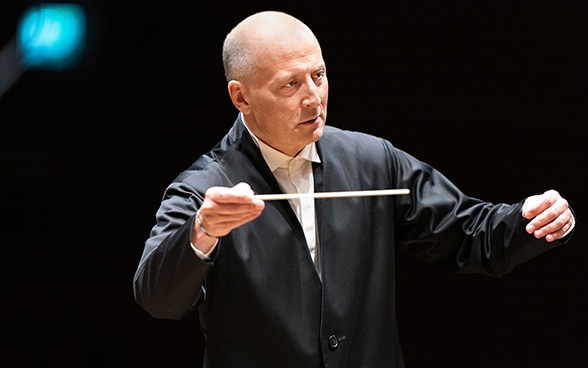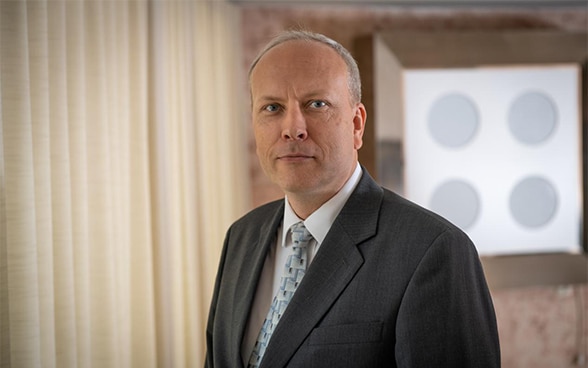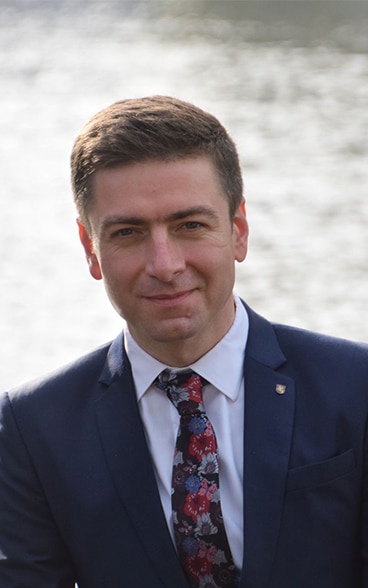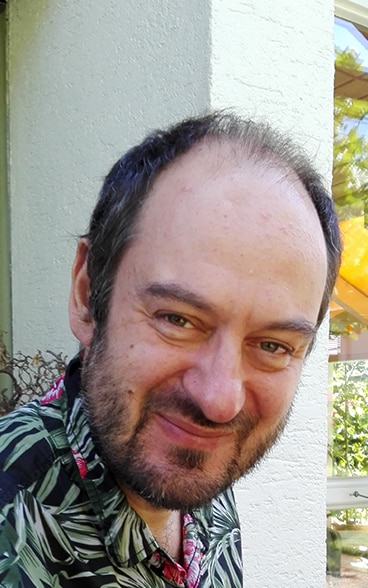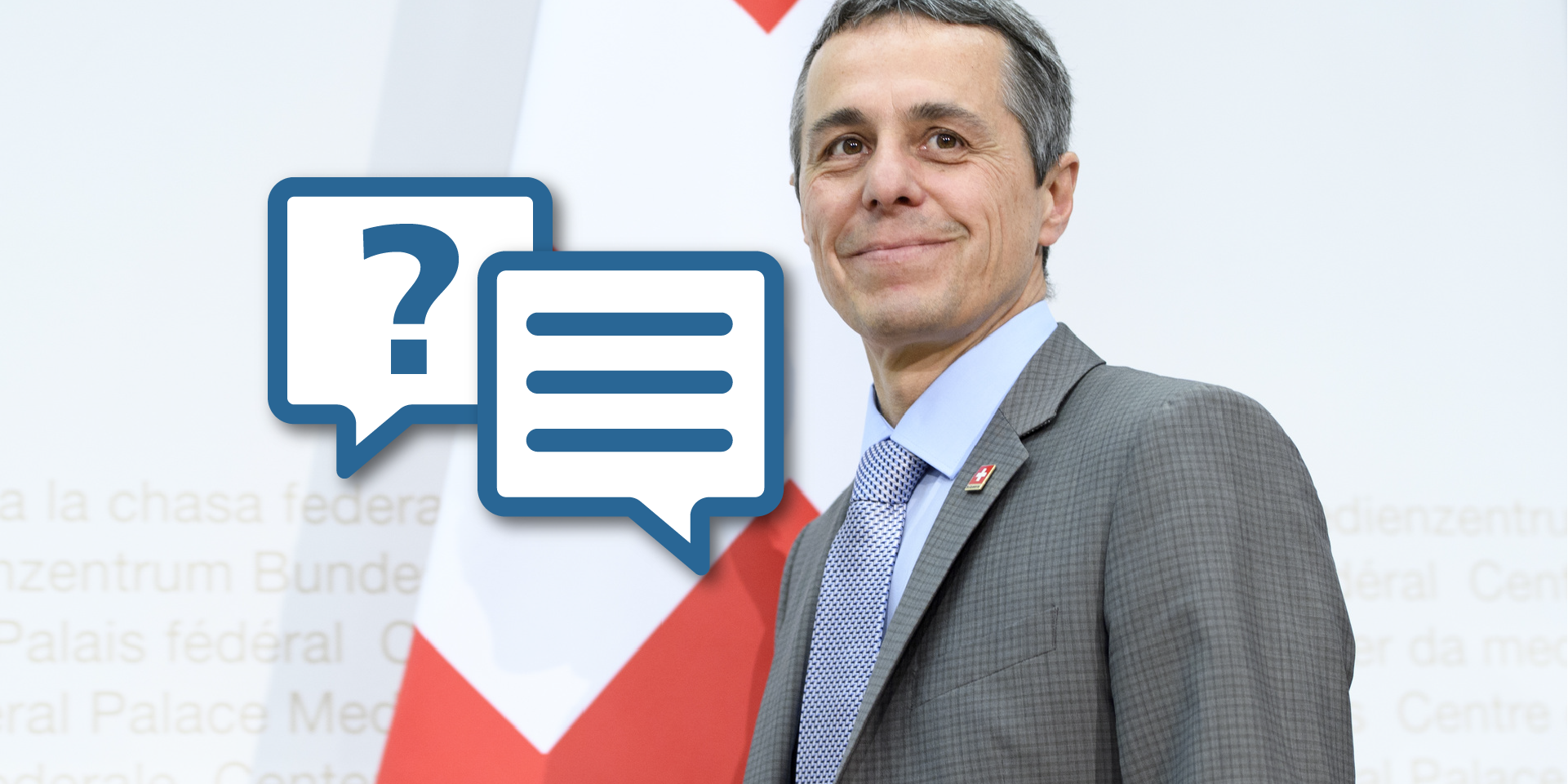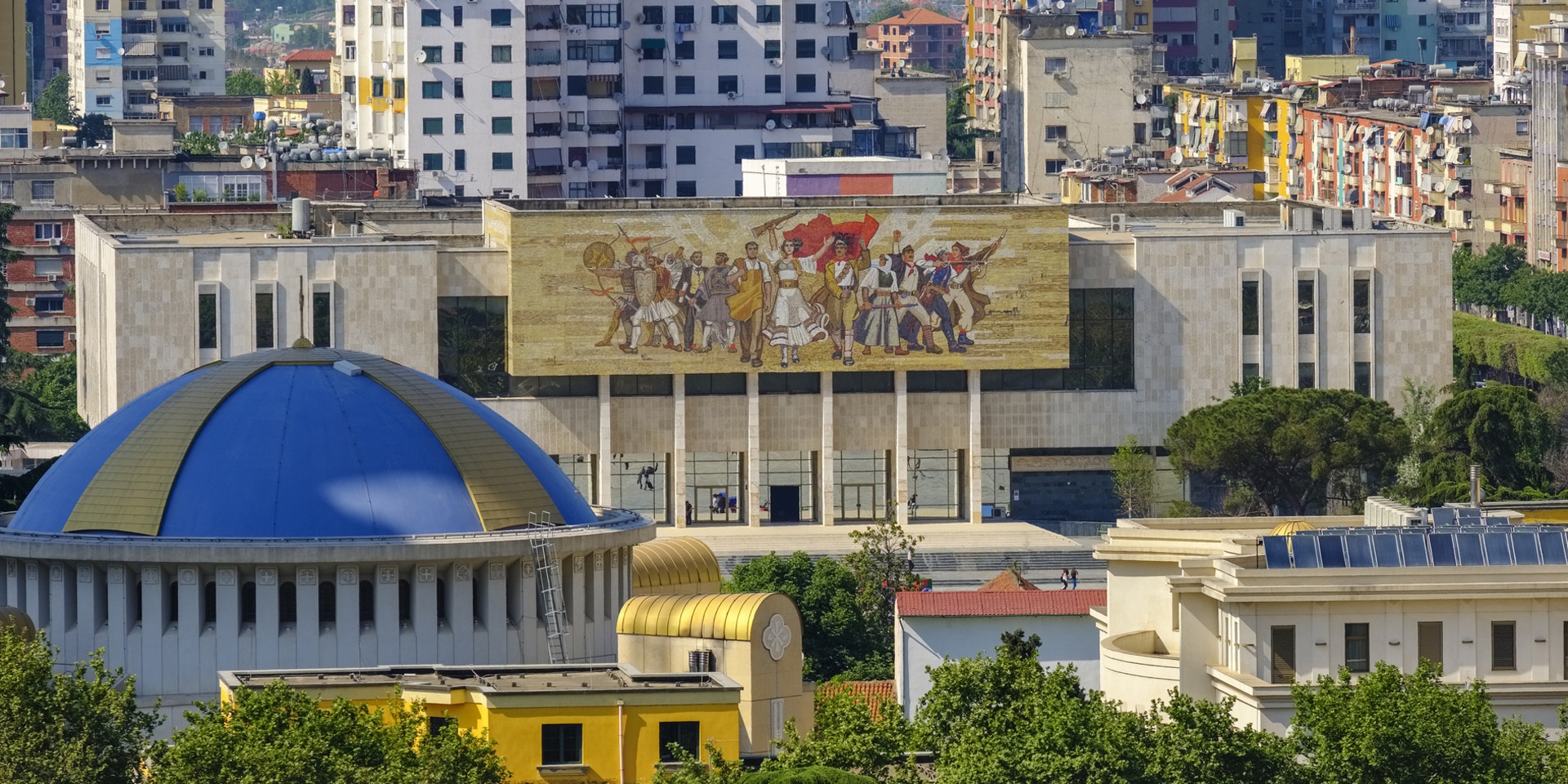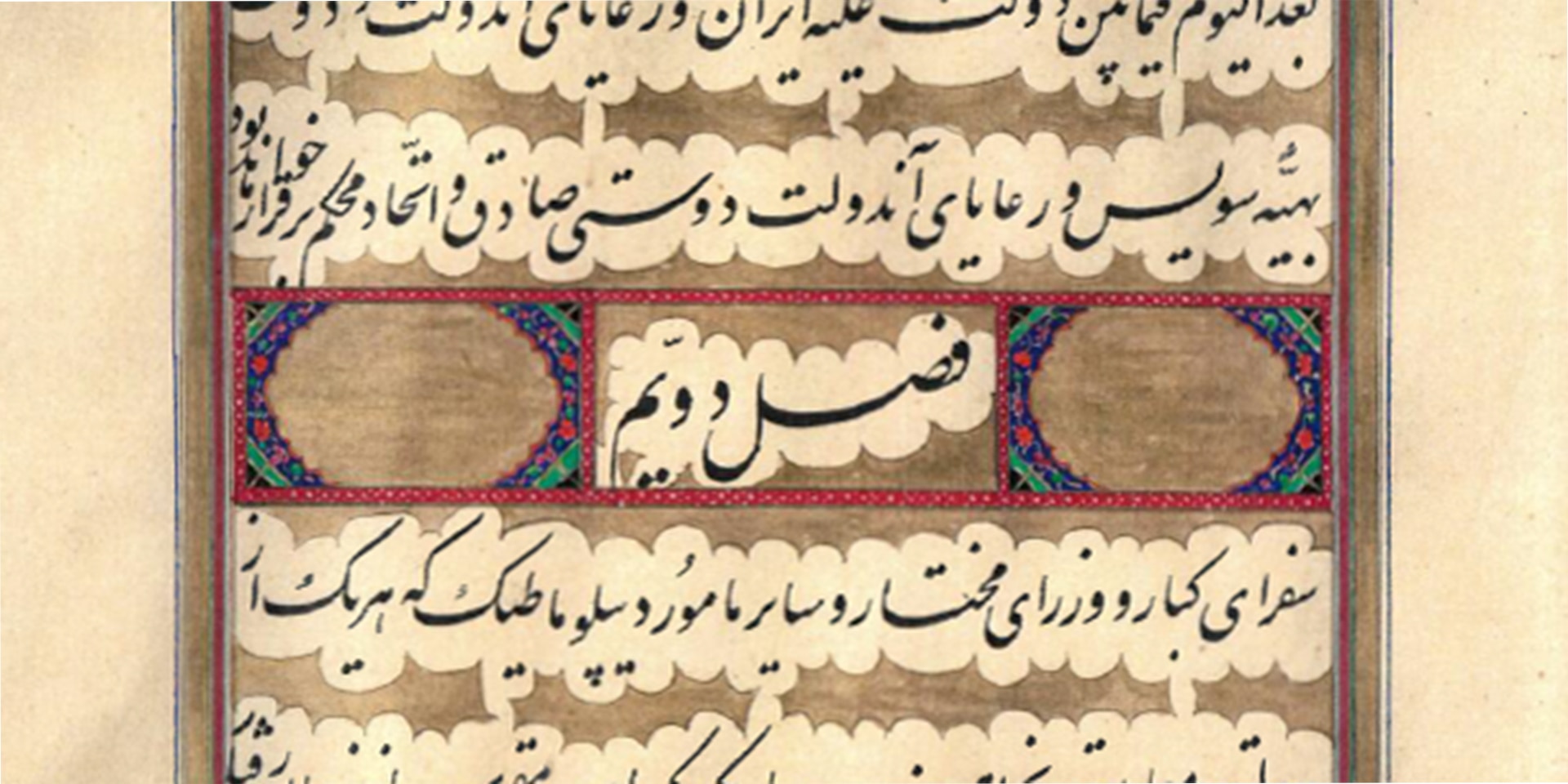Laimonas Talat-Kelpša © Lithuanian embassy in Switzerland
"The Lithuanian embassy will be happy to inaugurate the exhibition of Lithuanian contemporary art in Locarno during this year’s Locarno Film Festival": Laimonas Talat-Kelpša, Lithuania's designated ambassador to Switzerland
The centenary of the Swiss-Lithuanian diplomatic relations offers a good opportunity to take stock of our accomplishments. Today we cooperate as two equal partners, who share values and interests in Europe and beyond. Our trade stands at the level of CHF 250 million and has the potential of growing. The Swiss investment in Lithuania amounts to nearly CHF 500 million. The exchange at the academic, scientific and cultural levels is thriving. The numerous success stories of our current bilateral cooperation will hopefully inspire future generations to pursue an even more ambitious agenda.
Several decades ago, Lithuanian archeologists discovered the Schaffhausen 3 Kreuzer during their expedition near Kaunas. Dated 1596, this is the oldest Swiss coin ever found in Lithuania. It signifies the longstanding commercial ties between our two nations. However, today the transactions could also make use of Lithuania’s fintech sector. According to Global Fintech Index 2020, Lithuania is the fourth most powerful fintech hub in the world.
In the 16th to the 18th centuries, Swiss academic establishments were attracting the young generation of Lithuanians. Thus, the University of Basel had become the seventh most popular destination for the knowledge-hungry youth. The tradition continued throughout the 19th and 20th centuries. In the 21st century, it has all the possibilities to evolve into vibrant cooperation in such areas as life sciences, biotech, and artificial intelligence.
In the early 1600s, Lithuania’s chief architect was a Swiss, Matteo Castelli. Together with his contemporaries, mostly from the Ticino area, he has produced an entire school, to this day called ‘the Baroque of Vilnius’. The output of this school has significantly shaped the landscape of Lithuania and present-day Belarus, including its most precious gems in the city of Vilnius. Continuing this tradition, Lithuanian and Swiss professionals and artists could engage even more actively in the development of new urban and cultural projects which are sprouting today in our countries thanks to the robust economic development. With this idea in mind, the Lithuanian Embassy will be happy to inaugurate the exhibition of Lithuanian contemporary art in Locarno during this year’s Locarno Film Festival.

